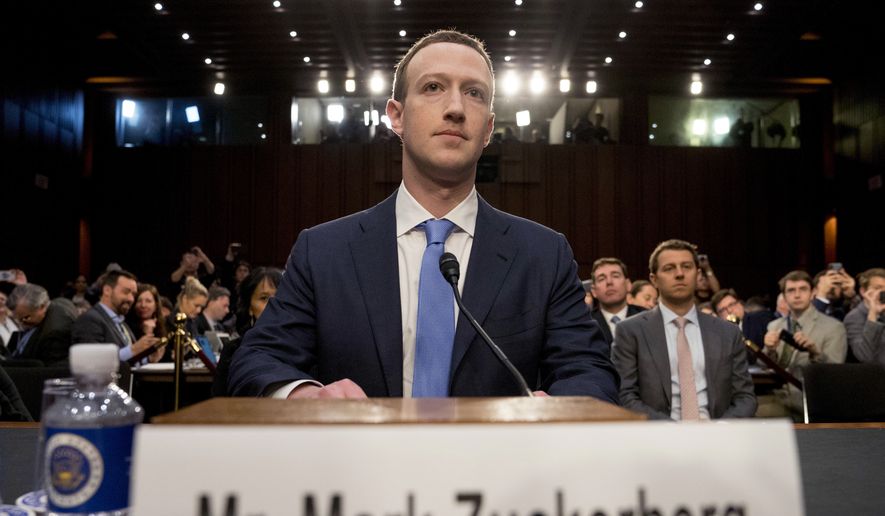Facebook’s new terms of service set to take effect next month will give the company greater cover to justify its content enforcement decisions.
The new terms of service that provide Facebook with open-ended reasoning to take down content come as Facebook is planning to implement an “Election Operations Center” effort to quickly remove content from its platforms in the final 72 hours before the 2020 election.
“We also can remove or restrict access to your content, services, or information if we determine that doing so is reasonably necessary to avoid or mitigate adverse legal or regulatory impacts to Facebook,” read Facebook’s new terms of service that will be in effect on Oct. 1.
Amid a slew of policy changes announced earlier this summer, Facebook CEO Mark Zuckerberg said the company was “tightening” its policies and tasking its Elections Operation Center to quickly respond to and strike down posts that Facebook deems false or misleading in the final days before the November election.
“We know this will be challenging in practice as facts on the ground may be uncertain, and we don’t want to remove accurate information about challenges people are experiencing, but we’re building our operation to be able to respond quickly,” Mr. Zuckerberg wrote in June.
Mr. Zuckerberg provided examples of the types of content he wanted removed, including posts making false claims that U.S. Immigration and Customs Enforcement officials are checking for immigration papers at polling places, which he said could be posted to discourage voting.
“We’ll also remove any threats of coordinated interference, like someone saying, ’My friends and I will be doing our own monitoring of the polls to make sure only the right people vote,’ which can be used to intimidate voters,” Mr. Zuckerberg said in June. “We will continue to review our voter suppression policies on an ongoing basis as part of our work on voter engagement and racial justice.”
If Facebook runs afoul of regulators or lawmakers in its new election-focused content removal plan, the new terms of service may provide the company an explanation to show that Facebook informed voters it could restrict users’ functionality on its platform for a wider variety of reasons.
Facebook has also set a goal of registering 4 million voters before November in what a Facebook executive labeled the “largest information campaign in U.S. history.”
Separately, Facebook has threatened to block Australian users from sharing news stories on Facebook and Instagram if a new proposal that would force Big Tech to pay publishers becomes law, according to reports.
• Ryan Lovelace can be reached at rlovelace@washingtontimes.com.




Please read our comment policy before commenting.